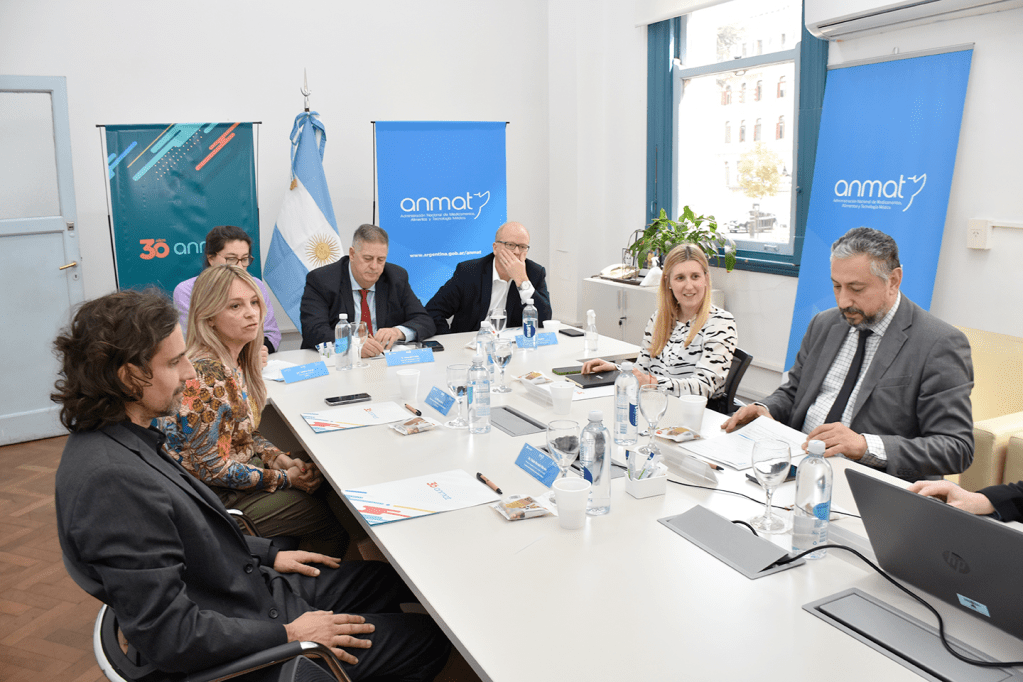The 146th regular meeting of the National Food Commission (CONAL in Spanish) was held recently. The following topics were reviewed:
- Importance in the integration of the sanitary system of food control, as each area contributes to achieve better health.
- Advances in the implementation of the access to the affidavit and the public search engine of the nutritional seals and warnings system.
- Sending to administrative procedure the Draft Joint Resolution that establishes the new maximum limits for trans fatty acids in finished products and raw materials and the prohibition of the processing of partially hydrogenated vegetable oil of industrial production.
- Sending to administrative procedure the projects referred to the modification of article 1353 bis of the Argentine Food Code (CAA) on the update in the specifications of infant formulas, the incorporation of new enzymes and native vegetable species.
- The Commission agreed to consider new topics, among which are the integral proposal of the articles on peanuts and their derivatives, the incorporation of alcoholic beverages of artisanal production and the determination of the limit of arsenic in edible algae.
